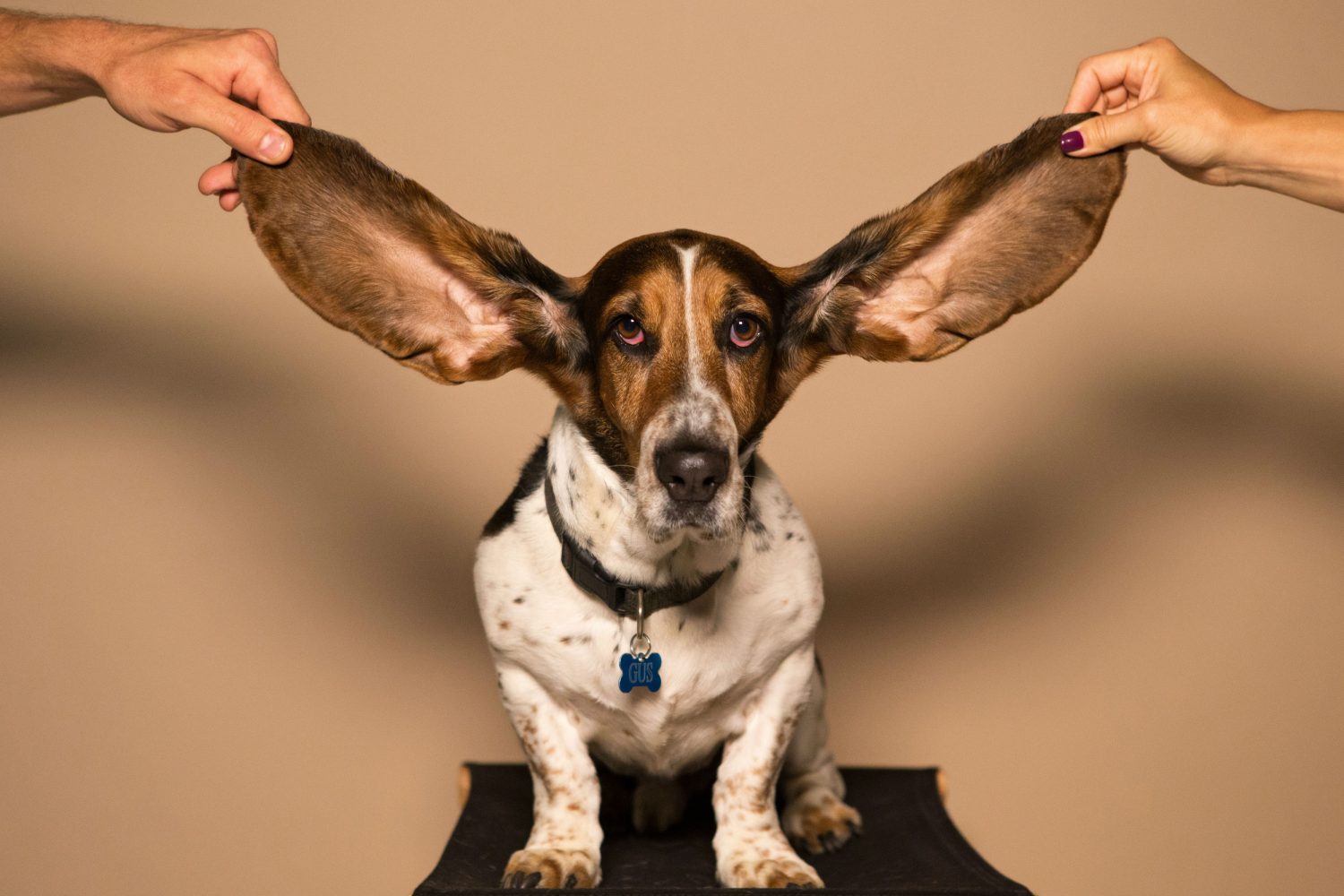How do you treat a dog’s skin yeast infection? Would a homemade diet help?
Original Question: We recently found out that our seven-year-old miniature schnauzer is covered in a skin yeast infection. We purchased an anti-fungal shampoo to bathe her every few days and will spray her with a water/apple cider vinegar blend in between bath days and have taken her off her grain free food which contained sweet potato. We made her a homemade meatloaf with beef, quinoa, broccoli squash and a little coconut oil, garlic and oregano. Does it sound like we're doing the right thing? Any suggestions on what else we could do or what type of food we should feed her to fight this? We aren't too big on a raw diet if we can avoid it. It’s very challenging to find dog food without oats, grains, starches or other high sugar sources. Also do you suggest an antibiotic in order to treat this? Much appreciated! - Angie
 May 21, 2017
May 21, 2017
Hi Angie,
Dermatological/skin disorders in dogs are very challenging to treat, so I understand why you may have some confusion and questions! Yeast (a fungus) is actually a normal finding on a dog’s skin in low numbers. Problems occur when it is given the opportunity to overgrow and/or the dog becomes allergic to it. Conditions that allow it grow include a warm, wet skin environment (such as in a dog that swims a lot), or a poor quality skin barrier, which can occur with an inadequate diet or allergies (environmental or food).
Since allergies play such as big role in canine skin disease, we often try to avoid or eliminate potential allergens when presented with a dermatology case. This might include a hypoallergenic or limited ingredient diet – such as you have described. Grain-free pet foods are very popular these days, but unfortunately, they are only really necessary for dogs with a known allergy to wheat, corn, oats and the like. This is actually very rare. Dogs are more likely to be allergic to the protein (meat) in their diet.
We often recommend what we call an elimination trial or food trial for these cases. This involves a limited ingredient diet with a single protein source and a single carbohydrate source. Your vet can help you figure out the best one to try for your dog. The most important thing is to ensure you are not feeding any additional sources of potential allergens – this includes treat, chews, human foods, etc.
Homemade diets are great if you have the time – however, they will ultimately be deficient in key vitamins and minerals unless you add a commercial supplement product. There are various recipes for this, which your veterinarian can advise you further on. One note I would like to mention is that in large quantities, garlic is actually toxic to dogs, so please try to avoid this if possible. There are many commercially formulated veterinary diets designed for dogs with skin disease and allergies. These diets are researched to be scientifically effective and are often made such that cross-contamination is eliminated.
Lastly, you mentioned there is a yeast infection – antibiotics would not be needed unless there is a bacterial component. Referral to a dermatologist is always an option for chronic or complicated skin diseases or infections. Dermatologists can perform advanced allergy testing and can provide the most up to date information on allergies and skin infections in dogs. I wish you all the best with your dog!
Hopefully this helps.
Dr. Kim Hester
Disclaimer: healthcareforpets.com and its team of veterinarians and clinicians do not endorse any products, services, or recommended advice. All advice presented by our veterinarians, clinicians, tools, resources, etc is not meant to replace a regular physical exam and consultation with your primary veterinarian or other clinicians. We always encourage you to seek medical advice from your regular veterinarian.

